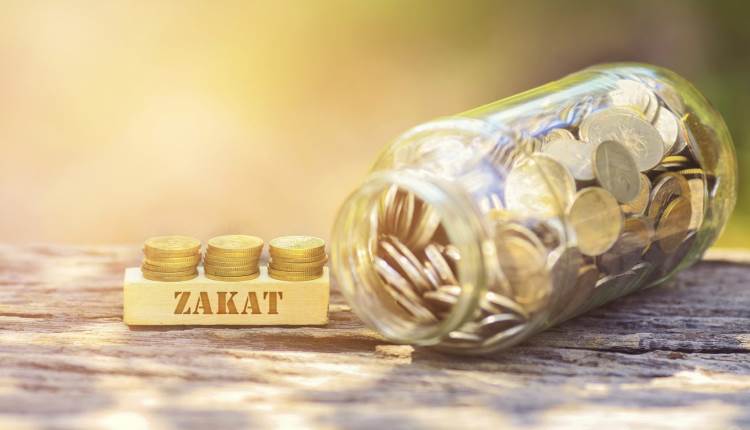Zakat and Fitrana when living in a Non Muslim country
I live in Sweden as its citizen with my family. The government levies a huge tax on our salaries and this tax is used on welfare services primarily for the poor and needy, for which the state is responsible. Not only are these taxes spent on charity for poor citizens, but are also used as funds for poverty alleviation in other countries. Do I need to give Zakat from my remaining salary after this tax, and if so, what percentage? To whom should I give it? Should I give it to the local charity institutions, as there are no individuals who would be eligible here? Likewise, should I give Fitrana, and Fidya for fasts, and to whom?
Answer
Here is my understanding.
When a Muslim gives tax to a Muslim state it is considered his Zakat payment because his ruler is allowed to take from him Zakat and nothing more. Even if the ruler gives the payment a different name, it is not the fault of the believer, because he is giving it involuntarily. Zakat too has to be given to the Muslim ruler and there is no choice in it.
When Muslims pay taxes to non-Muslims, it is disputed whether it should be considered the equivalent of Zakat payment or not. Those who are in favour of the idea say that their non-Muslim states spend most of their funds on the same heads as have been suggested by the Quran for Zakat and Sadqat in many cases much better than many Muslim states do.
Those who are against the idea state that a non-Muslim state was never expected to take Zakat from its Muslim citizens and it also spends a part of its budget on projects promoting obscenity, alcoholism, godless ideas and other such un-Islamic activities. They also spend on defense budget which is sometimes used against Muslims for, in some cases, unjustifiable reasons.
The decision of whether to consider tax payment as equivalent of Zakat in a non-Muslim country should be taken by the individual. I can only suggest that even if the decision is in favour of considering tax payment in non-Muslim countries Zakat, a minimum amount of extra infaq should also be done by the individual to make up for what may have gone wrong in the decision-making process.
Fitrana is a payment that should benefit the Muslim needy because it is a payment that is meant to allow poor Muslims to participate in Eid celebrations.
Fidya payment can help to feed the poor, whether Muslim or non-Muslim.
If a person cannot find poor people in his surroundings, he can ask someone in another country to help the poor to fulfill the obligation of Zakat, Fitrana, and Fidya on his behalf.
And only Allah knows what is best.

